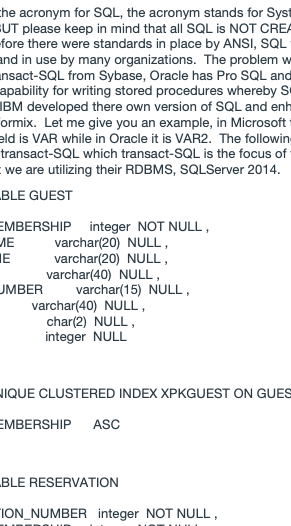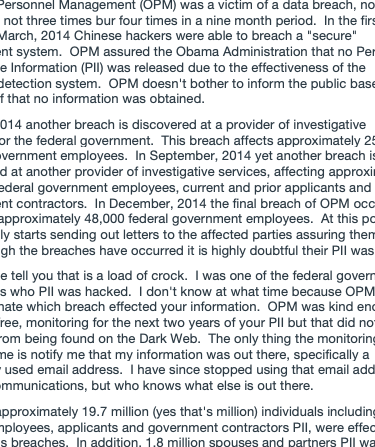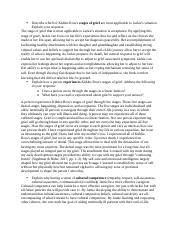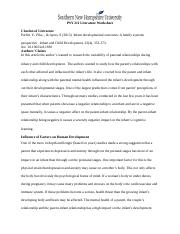International_Affairs_Relations.docx
$4.99$16.99
International_Affairs_Relations.docx
Among the numerous questions that continue to agitate political scientists with international security concerns is the likelihood of democracies going to way. Therefore, does the stability of a particular group of countries to change from peace to war depend on whether or not the governments of these countries are democratic? Will the likelihood of war erupting among a specific group of nations escalate or reduce as the fragment of such nations that are democratically governed increase? According to Attia (2016), the lawfulness of democracy and its associated moral authority are protected due to democracy’s innate virtues, which include self-governance, accountability, respecting human rights, freedom, transparency, and the rule of law. Moreover, Immanuel Kant wrote that democratic peace theory states that democratic nations are peaceful and are less likely to go to war with each other (Attia, 2016). Hence, this essay will seek to support the statement by international relations scholars that democracies are less likely to engage in war compared to other types of states.
Description
International_Affairs_Relations.docx
Among the numerous questions that continue to agitate political scientists with international security concerns is the likelihood of democracies going to way. Therefore, does the stability of a particular group of countries to change from peace to war depend on whether or not the governments of these countries are democratic? Will the likelihood of war erupting among a specific group of nations escalate or reduce as the fragment of such nations that are democratically governed increase? According to Attia (2016), the lawfulness of democracy and its associated moral authority are protected due to democracy’s innate virtues, which include self-governance, accountability, respecting human rights, freedom, transparency, and the rule of law.
International_Affairs_Relations.docx
Moreover, Immanuel Kant wrote that democratic peace theory states that democratic nations are peaceful and are less likely to go to war with each other (Attia, 2016). Hence, this essay will seek to support the statement by international relations scholars that democracies are less likely to engage in war compared to other types of states. One reason why democracies are less likely to engage in war is based on the fact that institutions tend to reason for democratic peace and war. According to Daase (2006), institutions tend to have a crucial duty in explaining democratic peace and wars; however, they have been mainly neglected. The reason is that international relations regard institutions as the least implicit instrument that can be used to ensure peace and cooperation. But, it has been ascertained that democratic institutions ensure that governmental power has been controlled and monitored by citizens via regular elections, decentralization of government structures to prevent a quick decision on war and peace matters, and balances in decision-making processes.
International_Affairs_Relations.docx
It’s worth noting that these institutions work specifically to avoid conflicts and allow two democracies to interact(Daase, 2006). Still, in incidences where a democratic state interacts with a non-democratic nation, these institutions play a role in contributing to the outbreak of war and conflict escalation. Hence, the vital role of democratic institutions serves as a reason why the war between democracies is not likely to occur. Additionally, the structural explanation of the peace theory accounts that institutions serve government representatives. Hence, they are mandated to hold decision-makers and elected officials accountable to the electorate, which makes war become an unattractive alternative.
International_Affairs_Relations.docx
- NURSING 502 – medical (1537 Documents),
- NURSING C2346 – (865 Documents),
- NURSING C622 – Ophthalmology (212 Documents),
- NURSING 341P – (159 Documents),
- NURSING 310 – 310 (107 Documents),
- NURSING 3165 – (104 Documents),
- NURSING 440 – 440 (84 Documents),
- NURSING 520 – 520 (61 Documents),
- NURSING 3069 – 3069 (41 Documents),
- NURSING 2 – 2 (35 Documents),
Only logged in customers who have purchased this product may leave a review.






Reviews
There are no reviews yet.